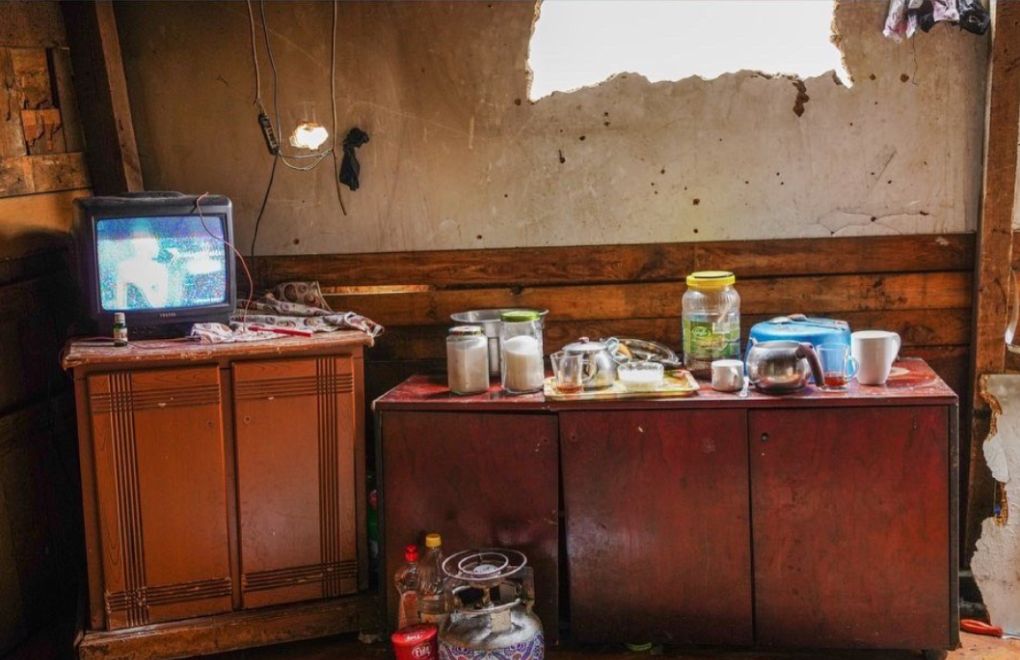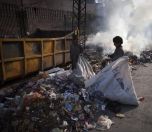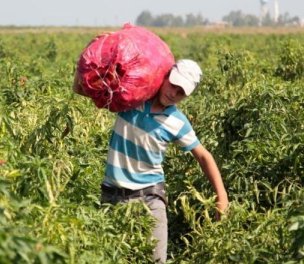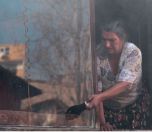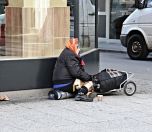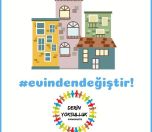* Photo: Gürcan Öztürk - at Deep Poverty Network Twitter account
Click to read the article in Turkish / Kurdish
The Deep Poverty Network has released its "Fact Sheet on Child Poverty in Turkey." Based on the Revised European Social Charter, which Turkey is a party to, the fact sheet of the Network aims to share observations and various findings about child poverty in Turkey.
With the support of the Etkiniz programme, the fact sheet has been submitted to the European Committee of Social Rights.
The data of the Deep Poverty and Access to Rights During Pandemic study has been derived from interviews with people from 103 households with no regular income and with daily and precarious jobs in İstanbul.
According to the study of the Network, children work in Turkey because the adult bringing money to the household cannot work due to illness or another reason or the income of adults does not suffice to make ends meet.
Details from the fact sheet
Some findings from the field research are as follows:
It is seen that children work in 13 percent of the households where interviews were conducted as part of the Deep Poverty and Access to Rights study. Only children bring in money in 6 percent of these households.
38.8 percent of the households where interviews were conducted say that they face the risk of losing their houses.
10 percent of the families making ends meet by doing daily jobs live under the conditions of shacks/ tents.
While 74 percent of the families have difficulty buying baby formula and diapers, 21 percent cannot buy them at all. Families have to feed their children aged 0-3 with food such as instant soap, sugared water, rice porridge, the nutritional value of which is not sufficient for this age group. In 38.7 percent of the households, meals are skipped almost every day.
While 39 percent of the families say that they could not access clean drinking water before the COVID-19 pandemic, 49 percent of the families cannot access drinking water during the pandemic.
85 percent of the families participating in the interviews as part of the field research cannot access sufficient food.
In 57.8 percent of the 103 households living in poverty, children could not access distance education.
Of the families participating in the interviews as part of the Deep Poverty and Access to Rights During Pandemic study, 41 percent cannot access sufficient medication due to the lack of social security and 34 percent cannot access it since the health guarantee does not cover it.
Of these households, 18.6 percent say that they do not have access to healthcare services because they do not have sufficient information about them, 7.2 percent say that they do not have access because they are subjected to discrimination and 25.8 percent do not have any access to healthcare services on the grounds that they do not have health coverage.
Inability to access equal opportunities
The fact sheet of the Deep Poverty Network has noted that "in in-depth interviews conducted with the families, it turns out that starting to work is a reason behind dropping out of school or a lack of access to equal opportunities." The interviews carried out with the families have also shown that "because the income of the household dropped to such low levels during the outbreak that food could not be bought regularly, the children who were not working before started doing daily jobs, there were children who went to work on the days when they were allowed to go out, some families perceived distant education as 'closing of schools' and children started working."
Referring to its experience in the field, the Deep Poverty Network has noted that "in families who live in deep poverty conditions, children work in jobs, the conditions of which are harsh and the working hours of which are long, such as scrap collectors, peddlers and textile workers." (AÖ/SD)




